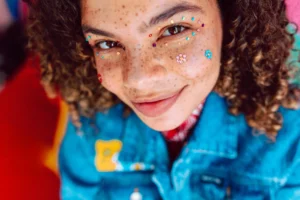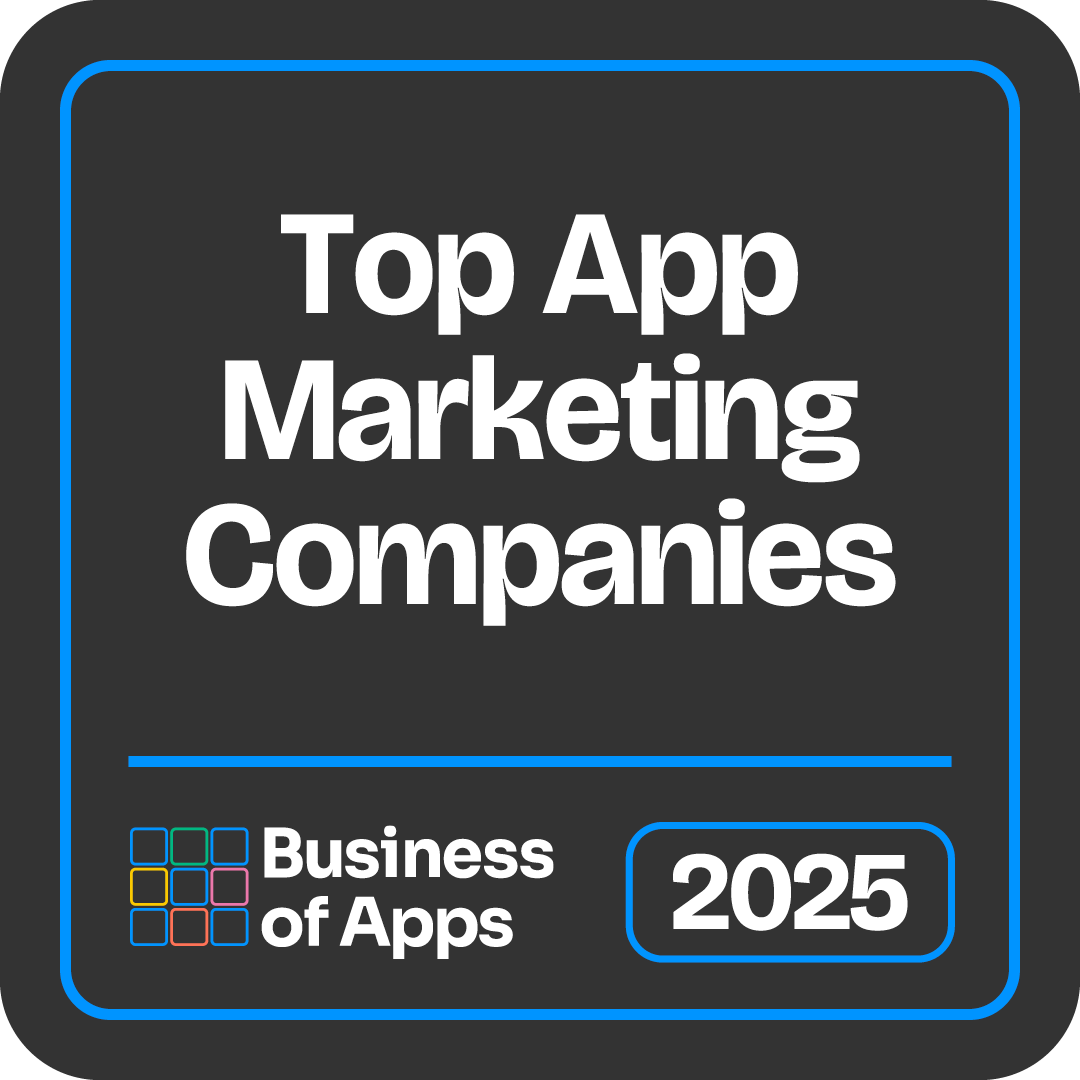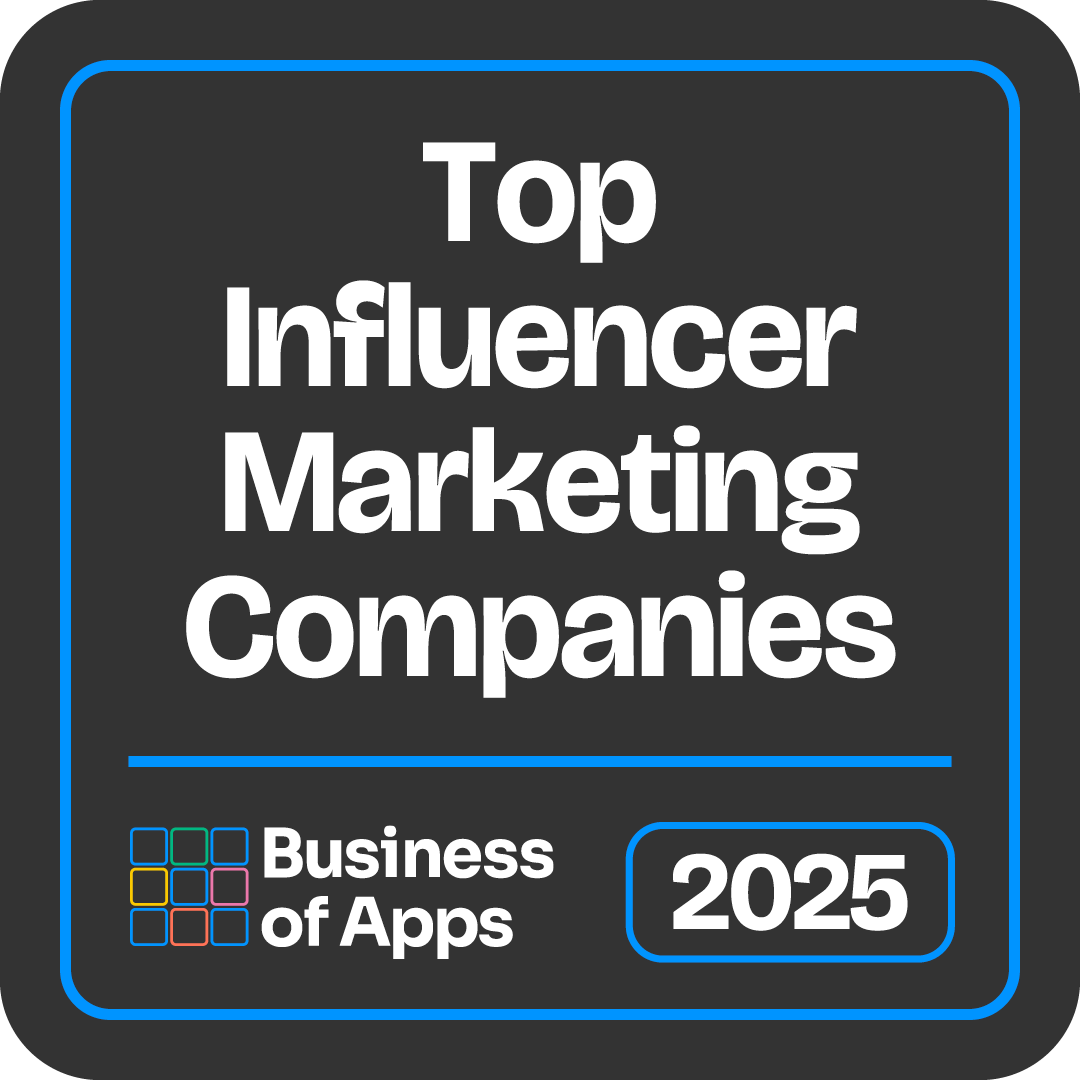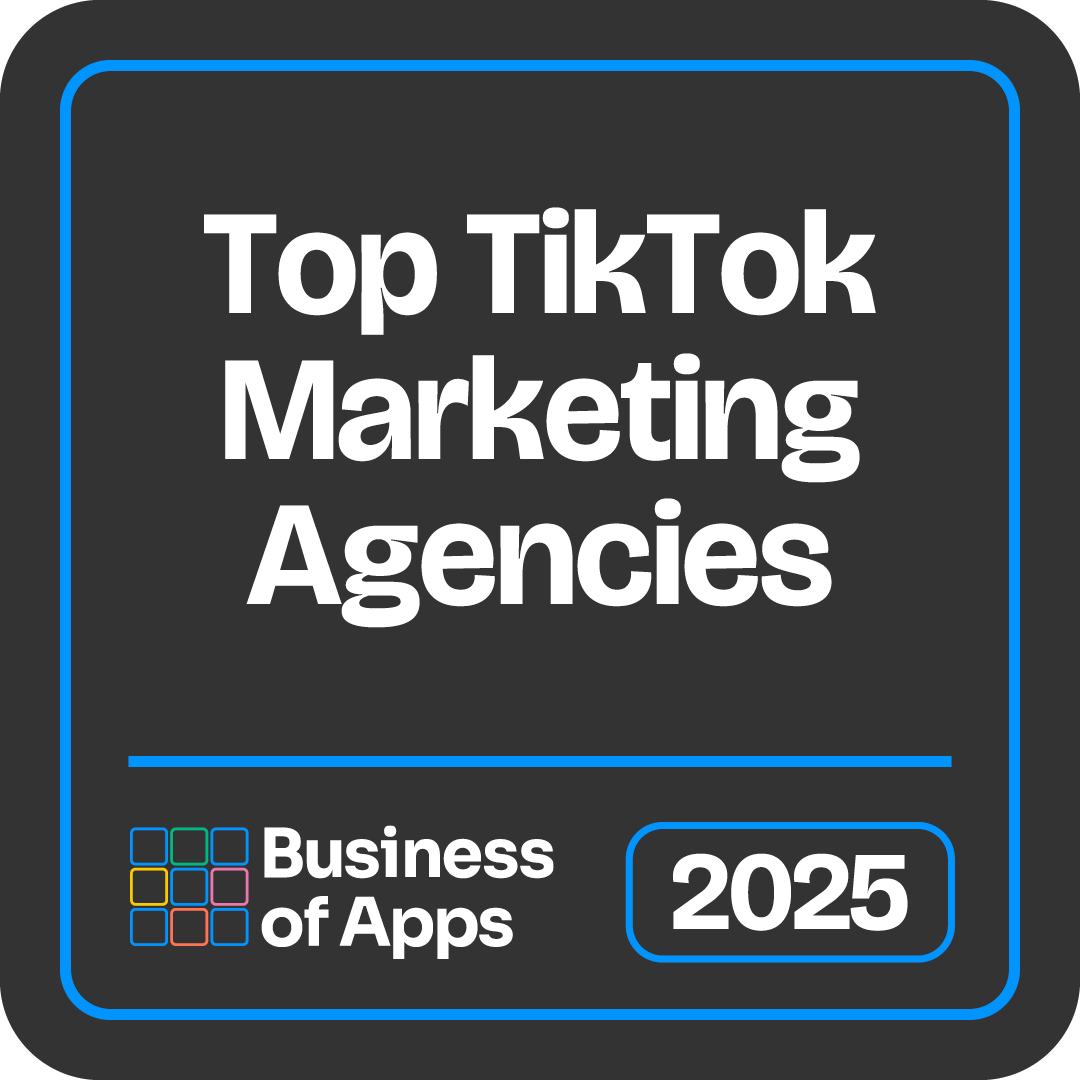The beauty industry is a dynamic and ever-evolving landscape, where digital marketing strategies play a crucial role in shaping the success of beauty brands. As consumers become increasingly engaged with beauty products through various platforms, understanding and implementing effective marketing tactics is essential for standing out in a crowded market. This article explores ten digital marketing strategies specifically designed to enhance your beauty business and drive significant results in the competitive beauty sector.
Understanding the Beauty Industry Landscape
To effectively navigate the beauty market, it is essential to first understand its expansive landscape. The beauty market encompasses a diverse range of products, including cosmetics, skincare, haircare, and fragrances. With the global beauty industry projected to reach approximately $646.20 billion by 2025, growing at a rate of 3.33% annually, it is evident that this sector is booming. This growth is largely driven by changing consumer preferences, with a notable demand for sustainability and transparency. As over 60% of shoppers report feeling overwhelmed by choices, it becomes crucial for beauty brands to differentiate themselves through innovative marketing strategies and a strong digital presence.
Defining the Beauty Market
When defining the beauty market, we recognise the importance of not only the products but also the evolving consumer behaviour within the beauty and cosmetics sector. The rise of social media has significantly transformed how consumers discover and engage with beauty products, making it imperative for brands to adopt effective digital marketing strategies. As consumers increasingly seek authenticity and social proof, beauty brands must leverage their marketing efforts on social media platforms to foster brand awareness and build lasting relationships with their audience. Understanding these dynamics is the first step towards creating a successful marketing strategy for the beauty industry. For example, at Favoured we identified that one of our beauty brands may not have the typical demographic you often think of as the key market in the beauty industry. So we adjusted our strategy to use creators that resonated more authentically with the target audience.
Key Players in the Cosmetic Industry
The cosmetic industry is characterised by several key players, including global giants like L’Oreal, Estée Lauder, and Procter & Gamble, which dominate the market through innovative marketing strategies. These established companies often utilise comprehensive marketing campaigns to maintain their competitive edge. However, emerging brands and indie companies are also gaining traction by focusing on niche markets and unique selling propositions. The rise of influencer marketing has further changed the landscape, with many cosmetic brands collaborating with beauty influencers to reach targeted audiences effectively. This shift highlights the importance of understanding the competitive dynamics within the beauty sector and adapting marketing strategies accordingly.
Current Trends in Beauty and Cosmetics
Current trends in the beauty industry underscore the growing importance of sustainability. Consumers are increasingly favouring brands that prioritise eco-friendly packaging and ingredients, leading to a significant shift in beauty marketing strategies. The rise of digital marketing, particularly through social media platforms like Instagram and TikTok, has transformed how beauty products are marketed and sold. Influencer collaborations have become a cornerstone of marketing efforts, as 49% of consumers trust recommendations from influencers over traditional advertising. Additionally, emerging technologies such as augmented reality (AR) are being utilised to enhance the shopping experience, allowing customers to virtually try on beauty products before purchasing. These trends illustrate the necessity for beauty brands to adapt their digital marketing strategies to remain relevant and engaging.
Effective Digital Marketing Strategies for the Beauty Sector
Leveraging Social Media Marketing
Social media marketing has become a cornerstone for beauty brands looking to amplify their reach and engagement within the competitive beauty sector. Platforms such as Instagram, TikTok, and Pinterest provide beauty brands with the opportunity to showcase their products through visually stunning content that captivates their target demographics. By utilising user-generated content (UGC), these brands can create a sense of authenticity and trust among potential customers, which is crucial for building brand awareness. Furthermore, social listening tools enable brands to monitor trends and consumer preferences, allowing them to tailor their marketing efforts to resonate more effectively with their audience. This strategic approach to social media marketing is essential for any beauty business aiming to thrive in today’s digital landscape.
Email Marketing Campaigns for Beauty Brands
Email marketing remains one of the most efficient and profitable digital marketing strategies for beauty brands, boasting an impressive ROI of 4200% for every dollar spent. To maximise effectiveness, beauty brands must focus on creating personalised and segmented email campaigns that cater to the unique preferences and behaviours of their customers. By offering exclusive promotions, tailored product recommendations, and engaging content, brands can nurture customer relationships and drive conversions more effectively. Automation tools further enhance the capabilities of email marketing by allowing brands to send timely and relevant messages based on customer actions, such as cart abandonment or new product launches. This strategic use of email within the beauty industry marketing toolkit is vital for fostering loyalty and encouraging repeat purchases.
Utilising Influencer Marketing in the Beauty Industry
Influencer marketing has solidified its place as a pivotal strategy for beauty brands, enabling them to leverage the trust and authenticity that influencers have cultivated with their audiences. Collaborating with influencers who align with a brand’s values can significantly enhance visibility and credibility in the crowded cosmetic industry. Micro-influencers, in particular, are gaining prominence due to their ability to connect with highly engaged audiences in a cost-effective manner. By fostering partnerships with beauty influencers, brands can create authentic content that resonates with consumers, thereby driving both awareness and sales. This strategy for the beauty industry not only boosts brand perception but also capitalises on the growing trend of social proof, making it a crucial component of modern beauty marketing strategies.
Building Brand Awareness in the Beauty Business
Creating a Strong Brand Identity
Establishing a strong brand identity is essential for beauty companies to differentiate themselves in a crowded market. This process involves developing a unique value proposition that speaks directly to the needs and desires of the target audience. Consistent visual branding, including logos, colour schemes, and packaging design, helps create a recognisable brand image across various platforms. Additionally, a compelling brand story that resonates with consumers can foster loyalty and emotional connections. Brands that effectively communicate their mission and values are more likely to see an increase in brand awareness and customer engagement. By incorporating storytelling elements that reflect the core values of the beauty brand, companies can enhance their overall perception within the competitive beauty sector.

Strategies for Engaging Your Target Audience
Engagement strategies for beauty brands should focus on creating a vibrant community around their products. This can be achieved through interactive content on social media platforms, such as polls, quizzes, and live Q&A sessions that invite consumer participation. Encouraging user-generated content not only enhances engagement but also serves as valuable social proof for potential customers. Facilitating discussions among consumers enables brands to understand their audience’s preferences better, allowing for tailored marketing efforts. Prioritising relationships with the audience is crucial; brands should actively respond to comments, share customer stories, and create personalied experiences that foster loyalty. These strategies are vital in reinforcing brand awareness and ensuring that the beauty business remains top-of-mind for consumers.
Measuring Brand Awareness Success
Measuring brand awareness is crucial for understanding the effectiveness of marketing strategies in the beauty industry. Key performance indicators (KPIs) such as social media engagement, website traffic, and brand mentions provide insights into brand visibility and consumer recognition. Surveys and feedback mechanisms can also help assess how consumers perceive the brand and its products. By analysing these metrics, beauty brands can refine their marketing strategies to resonate better with their target audience. This process allows companies to identify strengths and weaknesses in their marketing campaigns, ensuring that their efforts in building brand awareness are both effective and aligned with market trends. Ultimately, continuous measurement and adjustment of these strategies are essential for sustained success in the competitive beauty sector.
Innovative Strategies for Beauty Marketing
Content Marketing Strategies for Cosmetics
Content marketing is vital for beauty brands to establish authority and connect with consumers in the competitive beauty industry. By creating informative blog posts, engaging how-to guides, and captivating video tutorials, brands can provide real value to their audience. This approach not only drives traffic to the brand’s website but also enhances consumer trust and loyalty. Furthermore, beauty brands should focus on storytelling, showcasing the benefits of their products through authentic narratives that resonate with their target market. By strategically integrating content marketing into their overall marketing strategies, beauty brands can significantly elevate their presence in the cosmetics market.
Utilising User-Generated Content
User-generated content (UGC) serves as a powerful tool for beauty brands, providing social proof and enhancing authenticity. By encouraging customers to share their experiences and reviews, brands can significantly impact overall brand perception. Strategies for the beauty sector can include creating contests or campaigns that incentivise customers to post about their beauty products on social media platforms. This approach not only boosts engagement but also generates valuable content that can be repurposed in marketing efforts. Leveraging UGC effectively allows beauty brands to build a community of loyal customers who feel connected to the brand, ultimately driving sales and enhancing brand awareness.
Implementing Video Marketing in the Beauty Sector
Video marketing is increasingly important in the beauty industry, as it allows brands to connect with consumers through visually engaging content. Makeup tutorials, product demonstrations, and behind-the-scenes footage resonate well with audiences, making this an effective strategy for the beauty industry. Short, engaging videos can capture attention and drive conversions, especially on popular social media platforms like Instagram and TikTok. Brands should consider creating a diverse mix of content types, including live streams, short-form videos, and longer tutorials to cater to the varied preferences of their audience. By ensuring that video content is both visually appealing and informative, beauty brands can effectively showcase their products and drive consumer interest.
Optimising Your Marketing Strategy for the Beauty Industry
Understanding Analytics and Data in Marketing
Analytics play a crucial role in optimising marketing strategies for beauty brands. Utilising data analytics tools enables brands to gain valuable insights into consumer behaviour, preferences, and trends. Understanding key metrics such as conversion rates, customer demographics, and engagement levels can inform decision-making and help brands tailor their marketing efforts to meet consumer needs. Regular analysis of campaign performance allows beauty brands to make data-driven adjustments that enhance effectiveness and ensure alignment with consumer expectations. In a rapidly evolving beauty market, leveraging analytics is essential for staying competitive and achieving long-term success.
Adjusting Strategies Based on Market Feedback
Market feedback is essential for refining marketing strategies in the beauty industry. Beauty brands should actively seek consumer input through surveys, social media interactions, and product reviews to gain insights into preferences and areas for improvement. This feedback can be invaluable in shaping marketing campaigns and product offerings, allowing brands to adapt their messaging to better align with consumer expectations. By being responsive to market feedback, beauty brands can enhance customer satisfaction and loyalty, ultimately driving long-term success in the competitive beauty market. This adaptive approach is crucial for maintaining relevance and resonance with target audiences.
Preparing for Future Trends in Beauty Marketing
Staying ahead of future trends is vital for beauty brands to maintain competitiveness in a rapidly changing landscape. Emerging technologies such as augmented reality (AR) and virtual reality (VR) are poised to reshape the beauty shopping experience, allowing consumers to try products virtually before purchasing. Additionally, the growing emphasis on sustainability and ethical practices will continue to influence consumer purchasing decisions, making it imperative for beauty brands to align their marketing strategies accordingly. By proactively adopting innovative marketing strategies that reflect these trends, beauty brands can ensure they remain relevant and appealing to consumers in the ever-evolving beauty industry.





































